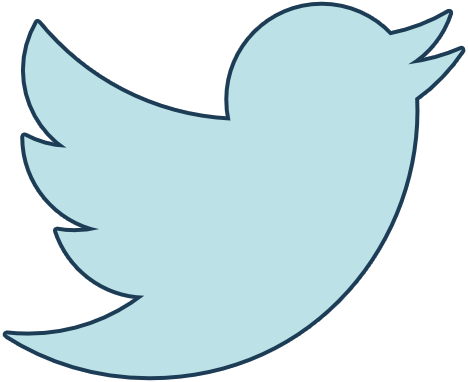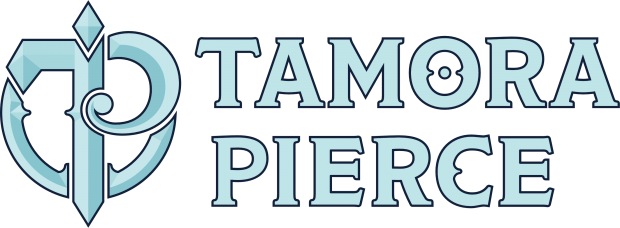Books for People Who Want to Write
The Tough Guide to Fantasyland: The Essential Guide to Fantasy Travel by Diana Wynne Jones (1996; revised 2006). I’ve recommended it before; I’ll recommend it till the cows come home. Reading this book is the best possible education you’ll ever get on things that appear in fantasy novels all the time, including the ones which make no sense, and the ones which are done to death. If you write fantasy already it’s an uncomfortable read, because some of these errors we’ve committed ourselves, but it’s funny, it’s clear, and it makes sense.
Author Talk, compiled and edited by Leonard S. Marcus (2000). Marcus interviewed a number of top kids’ writers (Judy Blume, James Howe, Karen Cushman, Lois Lowry, to name a few) for this book, but it’s of interest even for those who mean to write for the older markets because he gets each writer to describe their work style, sources for ideas, work space, and how they came to what they do. He also includes a manuscript page for each author, which the author has already gone over and rewritten, so the reader can see the kind of work individual writers will put into getting the story right. I like this book because it shows, vividly, the mantra I’m telling to writers when I go on author visits: “Whatever works.” There’s no right or wrong way to write, no right or wrong subject to write about, no right or wrong source of ideas—there’s only what works for each individual writer. Check it out!
On Writing: A Memoir of the Craft by Stephen King (2000; revised 2010). Yes, yes, I know, it’s Big Bad Steve, the guy with the violence and the monsters and the sex in his books. Still, when it comes to writing a book about writing, he’s awfully qualified, don’t you think? Not only did he once teach English literature for a living and study it in college, but his literary tastes continue to range all over the map. I think he has to be the most adventurous writer being published in fiction today: he’s written out-and-out horror, psychological suspense, fantasy, science fiction, revived serials (The Green Mile), and tackled a number of forms on the Internet while the rest of the writing community worried about getting ripped off. I’d say he’s well worth listening to, and the book is definitely a keeper. While I don’t agree with a few things he says about how to write, obviously what he does works for him and may for someone else. We also get a good look at how he got started as a writer, both as a kid and as a young dad, and we also learn more about the accident that nearly crippled him permanently (it did cripple him for months), and the way he found to come back from it and to start writing again. Younger kids, check this one with your folks before bringing it home, because Big Steve uses bad language all over the place, but I can’t think of a book that gives writers serious insight into the workings of the mind that must be onto something good, or he wouldn’t appeal to so many readers so much of the time, and that includes me. (Oh, no, I did a Fangirl Turn. I guess I was due.)
Anthem: 50th Anniversary Edition by Ayn Rand (edition published in 1995). Technically this isn’t a book on writing, but a science fiction novel in which humanity is trained to think of itself as “we”—no individuals, no getting careers you want, no marrying the one you love. The story itself, which rocked my world when I was 14, but which impressed me less at 33 and 46, is actually short, only half of this edition. The treasure is in the other half—the manuscript pages with all of Rand’s corrections and additions, all the editing she did herself. When I do school visits, I bring along copies of my first and second drafts to show kids what writers do to improve their work and how editors help writers improve their work. Here is an incredible opportunity to observe one writer’s thinking as she rewrote: would you make the changes she did? Why did she choose to rewrite some parts and not others? This is a kind of real world textbook for writers, well worth time and study.






Archive: Reading Lists, Reading Lists